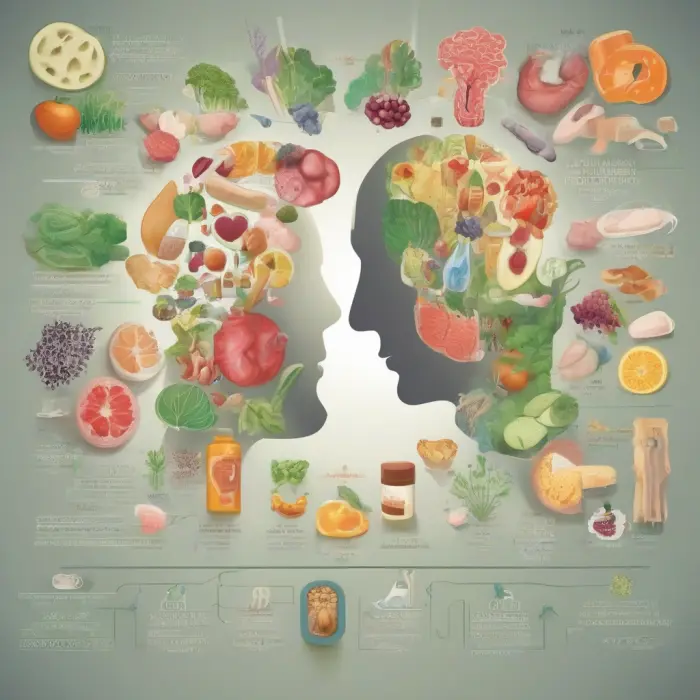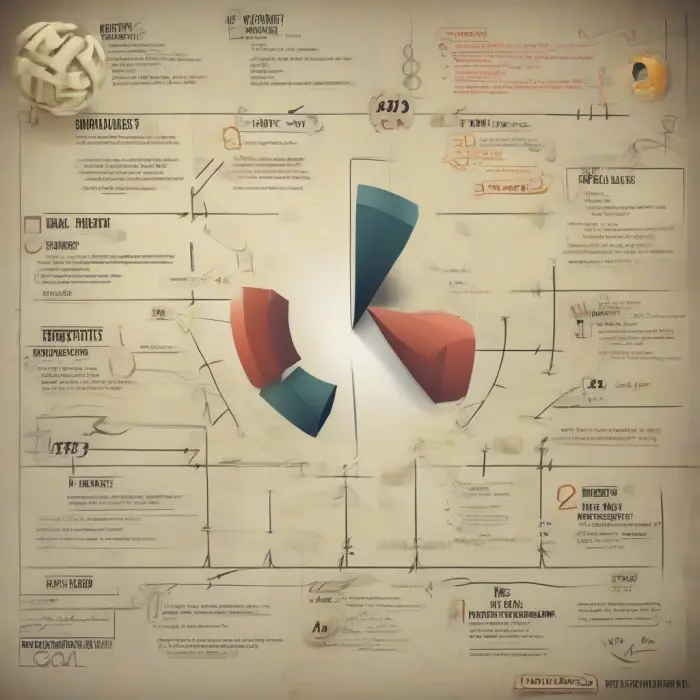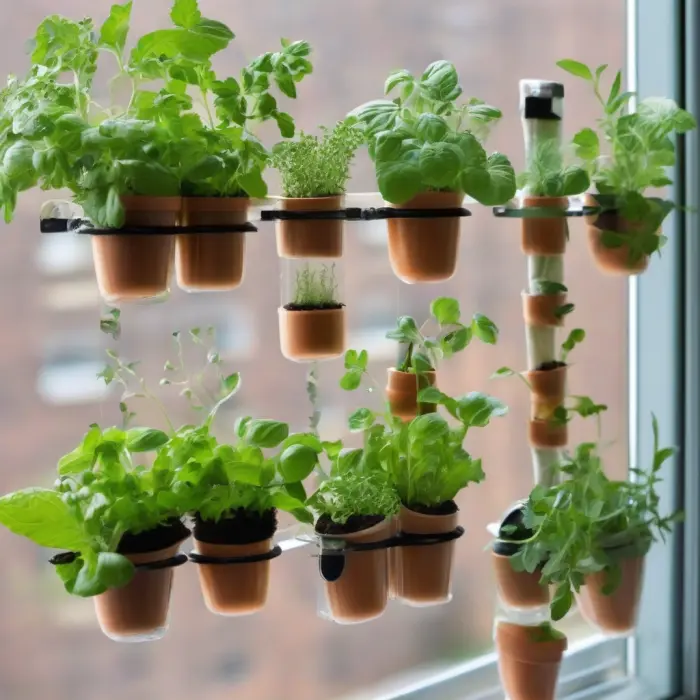Innovative Ways to Reduce Food Waste
Over a third of all food produced globally goes to waste. This significant sum amounts to around 1.3 billion tons of food per year – a staggering figure that could feed the world's hungry population several times over. Such waste not only inflames global hunger but also contributes to climate change. However, individuals, government agencies, and companies are creating innovative ways to reduce food waste. Here are some of the remarkable initiatives.
Food Sharing Apps
The launch of food-sharing apps like Olio, Too Good To Go, and Karma is an online-centric approach to tackle food waste. These apps allow businesses like restaurants and supermarkets to sell or give away their oversupply or nearly expired foods to consumers at a low cost. Users benefit from discounted food while businesses reduce their waste in a socially conscious way. A convenient win-win.
Artificial Intelligence & Machine Learning
Artificial intelligence (AI) and machine learning (ML) can predict food demand more accurately, thus helping to minimize food waste. AI and ML help in analyzing consumer trends, purchasing habits, and seasonal fluctuations to forecast demand effectively, aiding businesses in optimizing their food production and supply.
Direct-to-Consumer Farm Boxes
Direct-to-consumer farm boxes are another innovation to deter food waste. In these setups, consumers subscribe to boxes of farm produce that would typically be discarded due to not meeting supermarket cosmetic standards, despite being completely edible and nutritious. Companies like Imperfect Foods and OddBox are pioneers in this field. They help consumers get fresh produce at a lower cost, support farmers, and reduce food waste.
Edible Coatings
Edible coatings made from natural substances can significantly extend the shelf life of food. Apeel, a California based start-up, has developed an edible coating that 'seals' moisture in fruit and vegetables, extending their freshness and reducing waste. It's a solution that could have a substantial impact in areas with limited refrigeration options.
Equipment Modernization
Upgrading equipment can also significantly reduce food waste in restaurants and businesses. Modern, energy-efficient appliances can help maintain food at consistent and safe temperatures, drastically reducing spoilage. Also, using high-speed ovens and display cases with better temperature control prevents over-preparation and over-heating, thereby reducing waste.
Food Waste to Energy Converters
Facilities that convert food waste into bio-energy are another significant innovation. These facilities use anaerobic digestion processes to transform food waste into biogas which can be used to generate electricity, heat or even biofuel. This incites a massive reduction in landfill use and helps provide a clean, renewable energy source.
Innovations that minimize food waste benefit both the environment and the economy. It preserves resources, reduces the need for landfill, and even feeds those in need. Encouraging more investment and engagement in these initiatives can help pave the way to a more sustainable and waste-free future.










